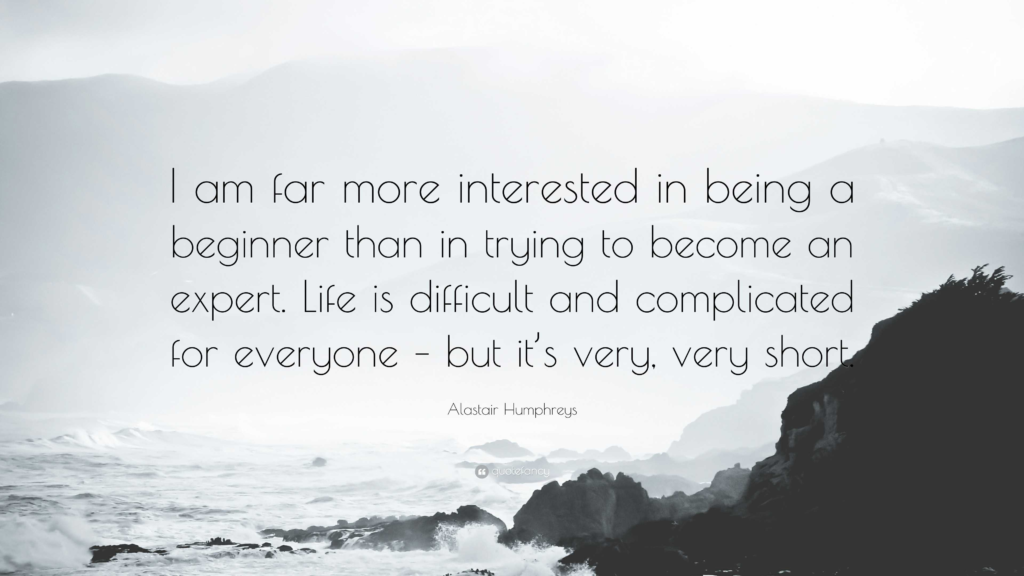Life is full of ups and downs, and sometimes, you may feel like you are losing control over everything. If you’ve ever said, “I am far from being stable,” you’re not alone. Many people experience emotional, mental, and even financial instability at different points in life. This feeling can be overwhelming, but it doesn’t mean you are broken. It simply means you are going through a tough phase, and with time, patience, and the right approach, you can find stability again.
In this article, we will explore why you may feel unstable, signs that indicate instability, and practical ways to regain balance. Whether you are struggling with emotions, mental health, or life challenges, this guide will help you take small but meaningful steps toward stability.
Why Do I Feel So Unstable?
Feeling unstable can come from different aspects of life. It could be due to emotional struggles, mental health challenges, financial difficulties, or unexpected life events. Sometimes, we feel unstable because we are dealing with too many things at once, leading to stress and anxiety. Other times, instability may arise from past trauma, negative thoughts, or self-doubt.
Another common reason is the uncertainty of the future. If you constantly worry about what will happen next, it can make you feel out of control. No matter the reason, it’s important to acknowledge your feelings and understand that instability is temporary. With the right steps, you can move toward a more stable and balanced life.
Why Do I Feel Unstable?
There isn’t one single reason why you might feel unstable. Life is unpredictable, and challenges can appear at any time. Here are some common reasons why people experience instability:
- Emotional Instability – Mood swings, overwhelming emotions, or difficulty managing feelings.
- Mental Health Struggles – Anxiety, depression, or other mental health conditions.
- Financial Stress – Struggles with money, debt, or job insecurity.
- Relationship Problems – Breakups, toxic relationships, or feeling lonely.
- Career Uncertainty – Feeling stuck in a job or unsure about the future.
- Lack of Routine – Unstructured days can make life feel chaotic.
- Past Trauma – Unresolved issues from the past can affect present stability.
Understanding the cause of your instability is the first step in regaining control. Once you identify the problem, you can take action to improve your situation.
Signs That Show You’re Not Feeling Stable
Sometimes, we don’t realize that we are struggling until the signs become too obvious. Here are some clear indicators that you may be feeling unstable:

- Constant overthinking and worrying about the future.
- Difficulty making decisions, even simple ones.
- Feeling lost or lacking direction in life.
- Frequent mood swings or emotional breakdowns.
- Struggling with low self-esteem and self-doubt.
- Avoiding responsibilities and procrastinating tasks.
- Feeling disconnected from friends and family.
- Using unhealthy coping mechanisms like overeating or avoiding social interactions.
If you notice these signs in yourself, it’s time to take steps toward regaining stability.
Take One Step at a Time
Trying to fix everything at once can feel overwhelming. Instead, focus on one small change at a time. If you feel unstable emotionally, start by practicing mindfulness or journaling. If your instability comes from financial struggles, create a small budget plan. Small steps will eventually lead to big improvements.
Talk to Someone You Trust
Keeping your struggles to yourself can make things worse. Talk to a friend, family member, or someone you trust. Sharing your thoughts and feelings can provide relief and help you gain a new perspective.
Focus on What You Can Control
There will always be things in life that are beyond your control. Instead of stressing over them, focus on what you can control. You may not be able to control external situations, but you can control how you respond to them.
The Importance of Mental Strength
Mental strength plays a huge role in stability. When you develop mental resilience, you become better at handling challenges. This doesn’t mean you won’t face difficulties—it means you will be better equipped to deal with them.
Some ways to build mental strength include:
- Practicing self-care and taking care of your mental health.
- Avoiding negative self-talk and replacing it with positive affirmations.
- Learning from failures instead of fearing them.
- Setting realistic goals and working toward them with patience.
The stronger your mind becomes, the easier it is to find stability even in tough situations.
Simple Tips to Feel More Stable
If you’re feeling unstable, here are some simple yet effective ways to regain balance:
- Create a daily routine – Having structure in your day can give you a sense of control.
- Practice self-care – Taking care of yourself physically and emotionally is essential.
- Limit negativity – Avoid toxic people and situations that drain your energy.
- Exercise and eat healthy – A good diet and movement can improve both mental and physical stability.
- Get enough rest – Lack of sleep can worsen emotional instability.
- Take breaks – Give yourself permission to step back and breathe.
- Find a hobby – Engaging in activities you enjoy can bring joy and stability.
Stability is not something that happens overnight. It requires patience and consistent effort.
When to Ask for Help
Sometimes, instability can feel too overwhelming to handle alone. It’s okay to ask for help when you need it. Seeking support is not a sign of weakness—it’s a step toward healing.

Talking to a Professional Can Help
If you’re struggling with emotions, anxiety, or depression, a therapist or counselor can provide valuable guidance. They can help you understand your feelings and develop coping strategies.
Friends and Family Can Be a Support System
Your loved ones care about you and want to help. Talking to them about your struggles can lighten your emotional burden. You don’t have to go through tough times alone.
The Importance of Mental Strength
Building mental strength is key to overcoming instability. The more you work on strengthening your mind, the easier it becomes to handle life’s challenges.
Focus on What You Can Control
One of the biggest reasons people feel unstable is worrying about things beyond their control. Instead of stressing over situations that you can’t change, shift your focus to what you can control.
- You can control how you react to challenges.
- You can control your mindset and attitude.
- You can control how you take care of yourself.
- You can control the small steps you take toward improvement.
By focusing on what’s within your power, you will feel more stable and less overwhelmed.
The Bottom Line
Feeling unstable is a common experience, but it doesn’t mean you will feel this way forever. Life is unpredictable, and everyone goes through difficult moments. The key to overcoming instability is understanding why you feel this way, recognizing the signs, and taking small but meaningful steps to regain control.
Remember, stability doesn’t mean you have everything figured out—it means you are working toward balance in your own way. Be patient with yourself, seek support when needed, and focus on progress rather than perfection. Over time, you will find the stability you’re looking for.
If you ever feel completely overwhelmed, don’t hesitate to reach out for help. You are not alone, and there are people who care about you and want to support you.


